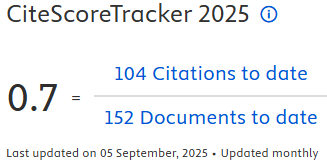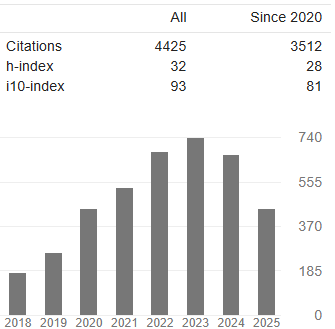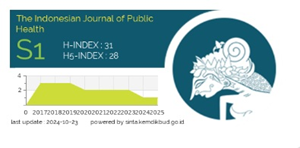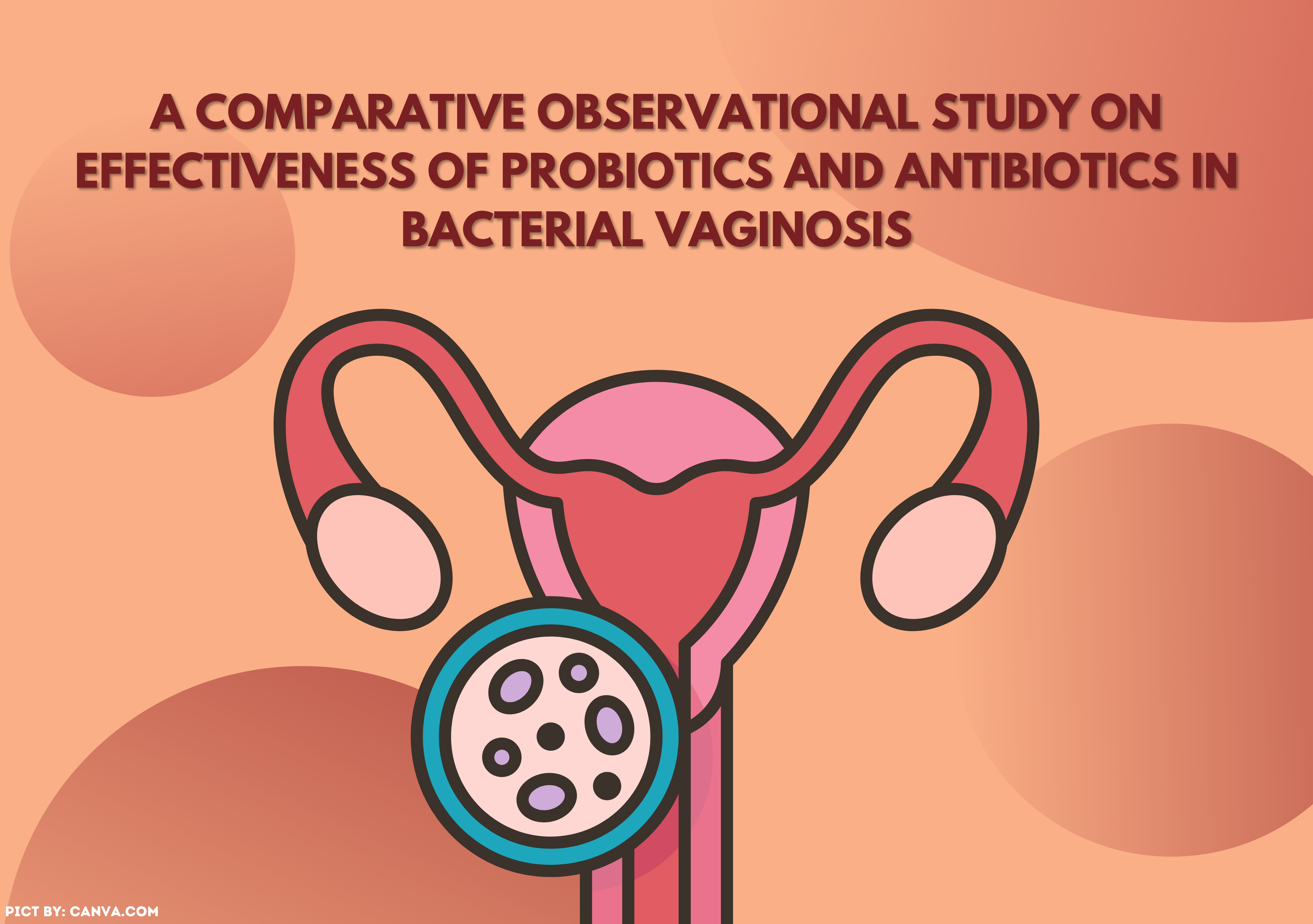EDUCATION RELATIONSHIP AND PARENTS ' INCOME WITH THE INCIDENCE OF CHILD MARRIAGE AT THE OFFICE OF RELIGIOUS AFFAIRS IN WONOSARI DISTRICT MALANG
Downloads
The phenomenon of child marriage still causes controversy in the society. According to the child protection law, someone who is less than 18 years old has not been allowed to marry because he / she is considered underage. The marriage law states that it is legal for women who are married at the age of 16 as long as they get permission from their parents. The role of parents is very important in their child's marriage decisions. Parents are the key in an efort to reduce the prevalence of child age marriages. The study design used an observational design with a casecontrol design analytical approach.This research aims to analyze the relationship between parental factors and the incidence of child marriage in Wonosari, Malang.This research was conducted in Wonosari, Malang with samples that included 44 people as cases and 44 people as controls. The method of sampling was a simple random sampling technique. Variables in this research include the child marriage, the family income and the educational background of the head of the family. Data analysis was performed using the chi square test (α=0,05). The results shows that there is a relationship between educational background (p = 0.000) and family income (p = 0.000) with the incidence of child marriage. In conclusion, the educational background of the head of the family and family income are related to the incidence of child marriage. There should be an agreement between the marriage law and the child protection law regarding the marriage age limit that is in accordance with the physical, mental, and reproductive health of the child.
Keywords: child marriage, educational background, family income, parent's role, rural area
Andriani, L., 2013. Faktor-Faktor Yang Mempengaruhi Orang Tua Menikahkan Anaknya Pada Usia Dini Di Desa Tumpok Blang Kecamatan Sukamakmur Kabupaten Aceh Besar.
Arimurti, Intan dan Nurmala, I., 2017. Analisis Pengetahuan Perempuan Terhadap Perilaku Melakukan Pernikahan Usia Dini Di Kecamatan Wonosari Kabupaten Bondowoso. The Indonesian Journal of Public Health[e-Journal], 12(2), pp.249–262. https://doi.org/10.20473/ijph.v12i2.2017.249-262
Central Bureau of Statistics., 2017. Perkawinan Usia Anak di Indonesia 2013 dan 2015 (Edisi Revisi). Jakarta: Badan Pusat Statistik.
Central Bureau of Statistics dan UNICEF., 2015. Kemajuan yang Tertunda: Analisis Data Perkawinan di Indonesia Usia Anak. Jakarta :Badan Pusat Statistik.
Central Bureau of Statistics of Malang., 2015. Profil Kesehatan Kabupaten Malang tahun 2015. Malang: Dinas Kesehatan Kabupaten Malang.
Central Bureau of Statistics of Malang., 2018. Kabupaten Malang Dalam Angka. Malang: Badan Pusat Statistik Kabupaten Malang.
Central Bureau of Statistics of East Java
Province., 2017. Data perempuan jawa timur usia 10 tahun ke atas yang kawin dibawah umur 17 tahun, [online].
Das, Pankaj, K., 2017. Child Marriage: Its Causes and Worse Impacts in Indian society. International Research Journal of Multidisciplinary Studies[e-Journal], 3.
Desiyanti, I., 2015. Faktor-Faktor yang Berhubungan Terhadap Pernikahan Dini Pada Pasangan Usia Subur di Kecamatan Mapanget Kota Manado. Jurnal Ilmu Kesehatan Masyarakat Muhammadiyah Manado [e-Journal], 5(2).
Dwinanda, A, R., Wijayanti, A, C., dan Werdani, K, E., 2015. Hubungan Antara Pendidikan Ibu Dan Pengetahuan Responden Dengan Pernikahan Usia Dini. Jurnal Kesehatan Masyarakat Andalas[e-Journal], 10(1), pp.76–81. https://doi.org/10.24893/jkma.10.1.76-81.2015
Kusumawati, N. dan S., 2017. Hubungan Usia Pernikahan Pertama Ibu Dengan Keinginan Pernikahan Dini Anak Perempuannya Di Indonesia. Ejurnal bkkbn[e-journal].
Mahfudin, Agus dan Waqi'ah, K., 2016. Pernikahan Dini dan Pengaruhnya terhadap Keluarga di Kabupaten Sumenep Jawa Timur. Jurnal Hukum Keluarga Islam, 1(1).
Noorkasiani., Heryati., dan Ismail, R., 2009. Sosiologi Keperawatan. Jakarta: EGC.
Rosita, M., 2016. Analisis Faktor-Faktor Penyebab Pernikahan Usia Muda Di Kabupaten Probolinggo Berbasis Cluster. [online]. Swara Bhumi [e-journal], 4(2).
Septialti, D., Atik, M., Djoko, N., dan Yudhy, D., 2017. Hubungan Pengetahuan dan Faktor Demografi dengan Pernikahan Usia Dini di Kecamatan Banyumanik tahun 2016. Jurnal Kesehatan Masyarakat [e-Journal], 5(4).
Law of the Republic of Indonesia Number 1 of 1974 concerning Marriage.Unicef, 2001. Early Marriage. Italy: Innocenty Research Centre.
Unicef, 2001. Early Marriage. Italy: Innocenty Research Centre.
Wijati, Yuanita Erry., Mawarni, Atik., Nugroho, Djoko., dan winarmi, S., 2018. Hubungan Beberapa Faktor Wanita Pus Dengan
Pernikahan Usia Dini Di Kecamatan Cilacap Utara Tahun 2016. Jurnal Kesehatan Masyarakat [e-Journal], 6(1).
Zain, M.F., 2017. Analisis Berbasis Cluster Tentang Faktor-Faktor Yang Mempengaruhi Perkawinan Di Bawah Umur Di Kabupaten Kediri. Swara Bumi [e-journal], 5(4).
- The authors agree to transfer the transfer copyright of the article to The Indonesian Journal of Public Health effective if and when the paper is accepted for publication.
- Authors and other parties are bound to the Creative Commons Attribution-NonCommercial-ShareAlike 4.0 International License for the published articles, legal formal aspect of journal publication accessibility refers to Creative Commons Attribution-NonCommercial-ShareAlike 4.0 International License (CC BY-NC-SA), implies that:
- Attribution ” You must give appropriate credit, provide a link to the license, and indicate if changes were made. You may do so in any reasonable manner, but not in any way that suggests the licensor endorses you or your use.
- NonCommercial ” You may not use the material for commercial purposes.
- ShareAlike ” If you remix, transform, or build upon the material, you must distribute your contributions under the same license as the original.































